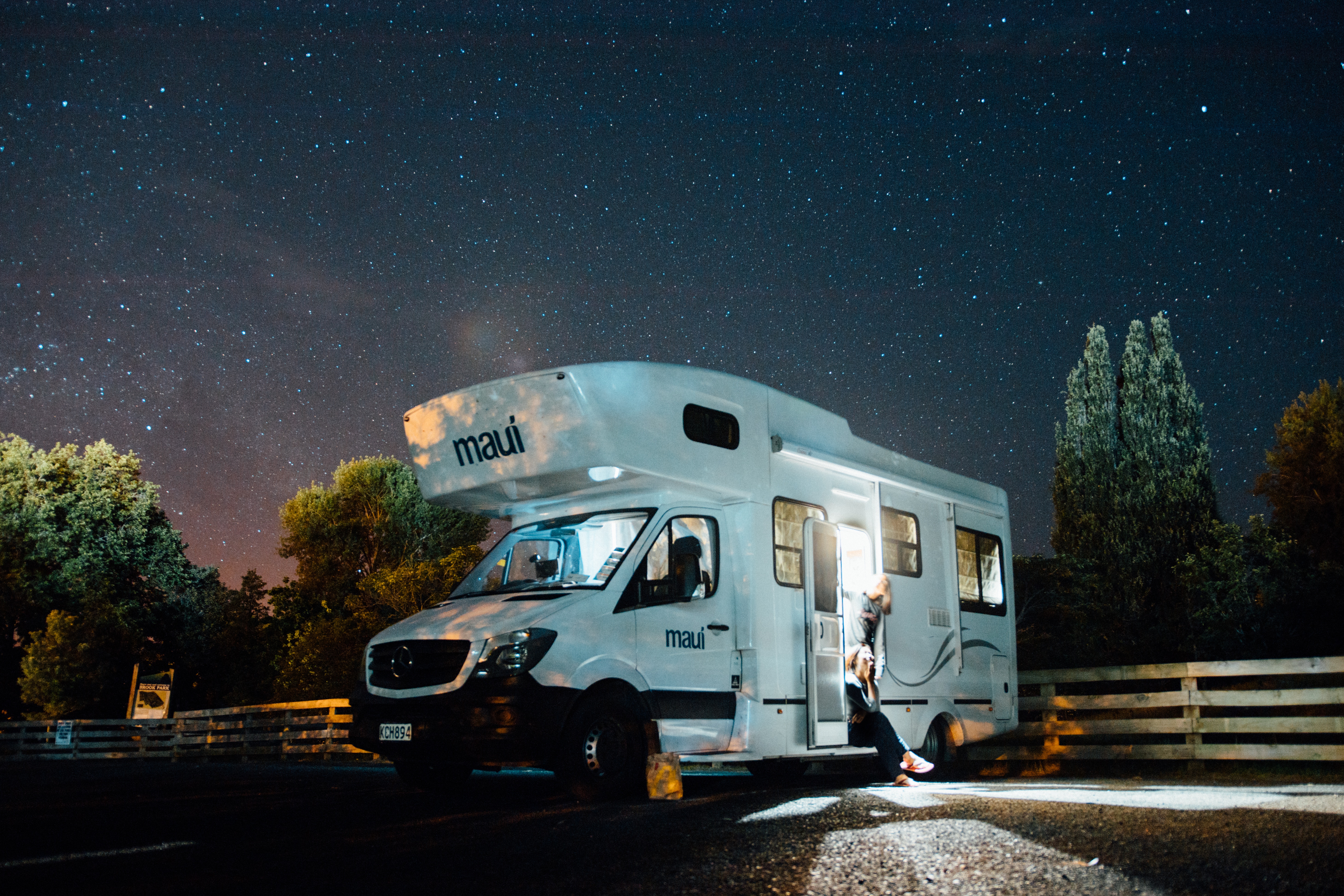Many people will begin to look at camping holidays as early as March, but is it better to enjoy these getaways in a touring caravan or a static caravan? Flogas, which can supply camping gas bottles to campsites and caravanners across the UK, weighs up the positives and negatives of each option:
Advantages of touring caravans
If you like the freedom of the open road when going on holiday, you will love the independence that is afforded to you from touring caravans as they can be taken to a wide variety of caravan sites throughout the UK, Europe and beyond if you’re really looking to branch out.
You don’t need to choose one destination and stick to it for the entire spring and summer either. Once you’re ready to see a new sight, simply pack up your gear and drive your caravan to a new campsite.
Compared to static caravans, you will not encounter as many ground costs — think maintenance and rent prices at a campsite. Adding to this is the fact that starting prices for touring caravans are usually cheaper than their static alternatives.
Disadvantages of touring caravans
As touring caravans need to be mobile, one negative is that they tend to have substantially less space than static caravans. This is definitely something that you should bear in mind if you’re planning caravan holidays with families or large groups of friends.
You may also need to look into the car you drive if you opt for a touring caravan. After all, your vehicle will need to have an engine that is powerful enough to tow your caravan — especially up hills. This is an added expense that you may not have considered when first investing in your touring caravan, so you’ll want to bear it in mind to avoid an unpleasant surprise.
Due to you having to tow a caravan of a significant weight, it goes without saying that you’ll spend more on fuel taking a touring caravan from site to site as opposed to just driving your car to a campsite where your static caravan is already set up.
Advantages of static caravans
Convenience is arguably the key selling point of static caravans. This is because once your home away from home has been driven to the holiday park of your choice, it will stay there for the rest of the spring and summer. When you’re at home and decide you want a quick getaway, all you’ll need to do is pack some clothes and essentials and enjoy the relaxing drive to your secure holiday home.
Static caravans are appealing in their designs too. Most have more space than touring caravans — in fact, some models can boast four bedrooms, fully fitted kitchens complete with integrated appliances, and the same kind of bathroom you’d expect to find in a hotel.
Know that you’re not going to be visiting your static caravan for a few weeks? Not to worry, as these can be rented out to other holidaymakers to enjoy as well.
Disadvantages of static caravans
We mentioned earlier that static caravans offer plenty of convenience when they are in place at a holiday park. However, you will need to make sure you’re happy with your chosen location as moving a static caravan once it’s in place can be a difficult and often expensive procedure.
Watch out for holidays parks which do not have a 12-month licence as well. If you happen to place your static caravan in one of these destinations, you’ll not be able to use them when the licence isn’t active — usually throughout the entire winter.
Coming to that final decision
Personal preference should ultimately determine whether a static or touring caravan will be best for you. You’re likely going to be better off with a touring caravan if you like to explore multiple sights and have only a few people with you. If you only have your mind on one destination and will be often travelling with a few people each time you seek a quick getaway though, it’s probably better to opt for a static caravan. Don’t forget to invest in quality caravan cleaning products to keep your caravan looking its best throughout your travels.




















